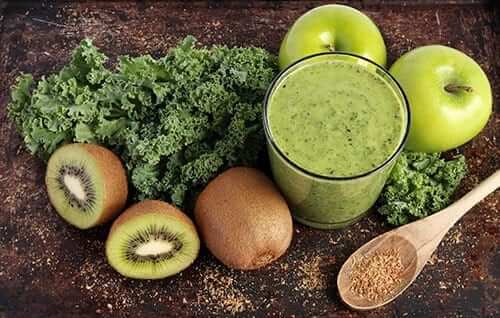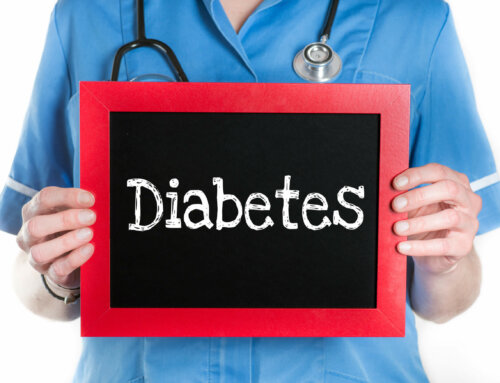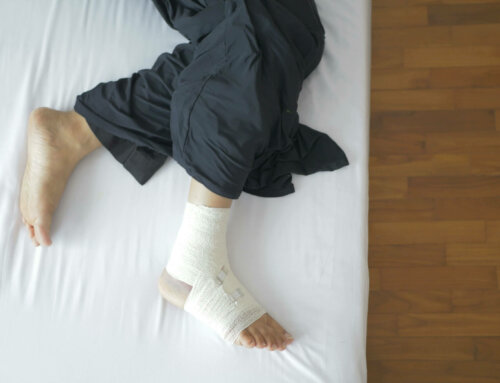Juicing, mini fasting and fasting are all controversial topics for people with diabetes. It is essential for people with diabetes to maintain proper blood sugar control to avoid health complications. Find out more about whether juicing, mini fasting or fasting with diabetes is the right choice and why.
- Fasting is done to try to lose weight and attempt to reduce the risk of developing chronic diseases, including cardiovascular disease and diabetes. Some researchers have indicated obese or overweight people with type 2 diabetes who fast on alternate or consecutive days can shed pounds and improve their heart health. Other perceived benefits included reduced LDL cholesterol levels, reduced inflammation, increased insulin sensitivity and improved metabolic efficiency. Often people only eat 500 calories on certain days when they are fasting. Some people fast for religious or upcoming medical or dental procedures. Either way, when people with diabetes skip meals, it can lead to serious blood sugar fluctuations resulting in hypoglycemia and other serious health complications.
- Mini fasting is a form of intermittent fasting, but may restrict daily eating to a certain window of time. For example, a person may only eat between the hours of 10 a.m. – 6 p.m. It takes up to six hours for your body to burn carbohydrates and then it burns fat. This type of fasting can lead to sugar craving. Also, it takes time before your body starts to burn its own fat. With mini fasting, you are not supposed to starve yourself. Carbohydrates are minimized and replaced with fats such avocados, nuts, olives, coconut oil and olive oil. Mini fasting is done to reduce oxidative cell stress, increase the capacity to resist aging and increase insulin sensitivity. Often intermittent exercise is combined with mini-fasting to further boost a person’s fat burning efforts. Either way, it can lead to serious complications for people with diabetes.
- Both fasting and mini fasting can be dangerous for people with diabetes. People with diabetes who fast may experience headaches, tremors, irritability and weakness. If a person exercises without proper nutrition, it can cause blood sugar levels to plummet or rise. People on oral medication or insulin can experience hypoglycemia and should not take medication when fasting. Dehydration is another concern during fasting. It is imperative to consult with your doctor before fasting. If fasting is approved for any reason, find out the symptoms of hyperglycemia and how to treat. Fasting should be stopped immediately if blood glucose levels are less than 80 mg/dl or higher than 200 mg/dl. Test blood glucose levels frequently and wear a diabetes medical alert ID bracelet in case of an emergency.
- Juicing is a trend that often involves buying expensive bottled juices to try to shed pounds quickly. There is no evidence that juice cleanses are beneficial and juicing should not be done for the purpose of fasting. Additionally, some bottled juices may contain added sugar and calories that make them a poor choice. Like any other food, it is important for people with diabetes to read labels. Making fresh juices at home with fruits, vegetables and herbs can be beneficial for people with diabetes. This type of juicing is especially helpful for people who do not like to eat fruits and vegetables. Always watch portions when juicing with fruits. Instead of juicing, consider adding flavor to fruit with sugar-free dips and use tasty, no-calorie, fat-free, sugar-free dressings such as Walden Farms on fruits and vegetables.
Fasting, mini fasting and juicing can prove to be more detrimental than beneficial for people with diabetes. There is no substitute for healthy eating, regular exercise and taking medications as prescribed by your doctor. Always consult with your health care team before making any dietary changes such as fasting, mini fasting and juicing.







Leave A Comment